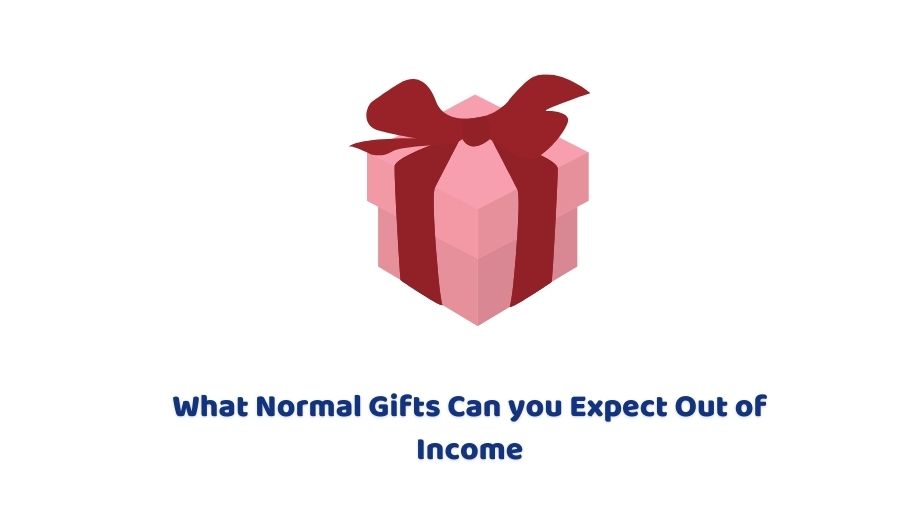The Oxford English Dictionary defines the word ‘normal’ to mean ‘conforming to a standard; usual, typical, or expected. A minor often misunderstood inheritance tax (IHT) gift exemption uses this definition of ‘normal’ whereby payments made (however large) are deemed to be inheritance tax-exempt transfers. To succeed, it needs to be shown that the payment represents part of the donor’s normal (‘usual’) expenditure taking one year with another and a ‘normal standard of living’ is subsequently maintained by the donor.
The donor needs to be left with enough net disposable income after tax to live on after making the gift without resorting to drawing on his/her capital to see through the month. The amount could be based on a formula or a calculation but importantly, a pattern of regular giving needs to be in place. The gift does not need to be made every year – there is no magical formula but there needs to be a clear commitment in place.
Gifts that can fall under this exemption include:
- monthly or other regular payments;
- regular gifts e.g., for Christmas and birthdays, or wedding/civil partnership anniversaries; and/or
- regular premiums on a life insurance policy for another
Maintenance payments to:
- an ex-spouse or former civil partner;
- relatives dependent because of old age or infirmity; and/or
- children, (including adopted children and step-children who are under 18 or in full-time education).
‘Intention’ is key for the exemption to succeed and that intention must be put into effect; it is no good just saying that you will be giving someone payments, either a series of payments must be made to show a pattern or, better still, the intention should be in writing. A formal letter from the donor (or parent of the donee if a minor), preferably witnessed, and the first payment made would be sufficient proof.
Payment should preferably be via a bank account transaction in the form of a standing order or, failing this, at least a cheque. If the gifts are in cash it is important that regularity is established and an easy way of doing this is for the donor to pay a bill or a series of bills for the donee.
There is no set time span over which the taxpayer must show the pattern of giving. HMRC prefer to see a series of payments made over a period of three or more years but the case of Bennett & Others v Inland Revenue Commissioners [1995] BTC 8003, placed doubt on this arbitrary figure. In this case, Judge Lightman stated that “for an expenditure to be ‘normal’ there is no fixed minimum period during which the expenditure shall have occurred”. He added that a pattern of expenditure might be established either by reference to a sequence of payments or by proof of a “prior commitment or resolution”.
This case confirmed that exemption is still possible where different amounts have been paid over a period of only a year as long as a clear commitment has been made. As such this exemption now covers situations where, for example, one premium of a life assurance policy is made or under a deed of the covenant but the payee dies before the second payment can be made – here there is a clear intention to make payments.

